Search for Chromodoris africana returned 10 results.
-
Biodiversity Science project: Walking with African Wildlife
You can join Dr. Dave Druce and a team of researchers and staff in an ongoing survey of the 15 largest herbivores in the park, thereby contributing to a long-term database of population trends and supporting effective management and decision-making. This is a rare chance to walk through scenery most people only see from a Land Rover. In the evening, you’ll gather around the campfire under southern constellations to share the day's encounters.
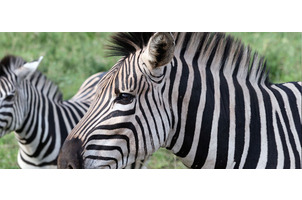
-
Biodiversity Science project: African thistle (Berkheya rigida) in Wyndham
Residents of Wyndham, specifically rural landholders on the Land Protection Grant Scheme.
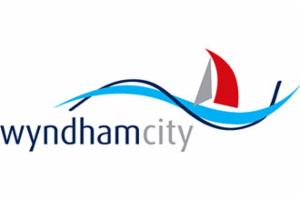
-
Biodiversity Science project: ELMO | South African Elasmobranch Monitoring
The Southern African coastline is known for its outstanding diversity in marine wildlife. 204 out of 1188 known Chondrichthyans (sharks, rays, skates & chimaera) occur in Southern Africa, making it the 4th most diverse hotspot for these species. Although the conservation of Elasmobranchs is gaining rising public concern, smaller sharks and rays are often in the shadow of widely 'adulated' charismatic sharks...
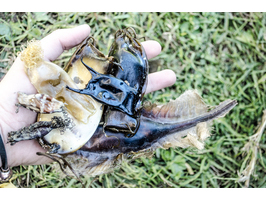
-
Biodiversity Science project: Mapping the spread of South African Weed Orchid (Disa bracteata)
This project aims to map and monitor the spread of the invasive orchid to allow the public and land managers to identify and remove infestations before they spread further

-
Biodiversity Science project: LepiMAP
LepiMAP is the African butterfly and moth mapping project. LepiMAP is a joint project of the Animal Demography Unit and Lepidopterists' Society of Africa. LepiMAP is a project aimed at determining the distribution and conservation priorities of butterflies and moths on the African continent. This project is building the 21st century distribution maps for Africa's butterflies and moths...

-
Biodiversity Science project: BERG Mt Martha Significant Species Monitoring
To record and monitor any sightings of the following species (* denotes any introduced species) - Sea Spurge (Euphorbia paralias) * - African Weed Orchid (Disa Bracteata) * - Coastal Twin Leaf (Zygophyllum billardierei) - Spiny Rush (Juncus acutus) *
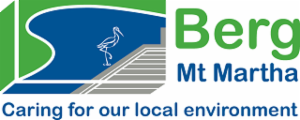
-
Biodiversity Science project: FightMalaria@Home
Malaria is a prevalent disease in poorer countries, where it infects 216 million people and kills 650,000 each year, mostly African children under 5 years old [WHO]. Plasmodium falciparum is the parasite responsible for malaria and it continues to evolve resistance to available medication. We urgently need to discover new drugs which target NEW proteins in the parasite. The FightMalaria@Home project is aimed at finding these new targets...
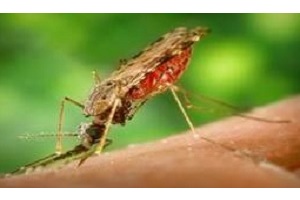
-
Biodiversity Science project: AfriBats
AfriBats seeks to mobilize both amateur and professional sightings to fill gaps in our understanding of bat distributions by sharing photos and records whenever bats are encountered in Africa. Data will be used for scientific research and informed conservation actions. To contribute, create an account on iNaturalist and add your observations. Be sure to include coordinates where the sightings were made along with the species identification (if known)...
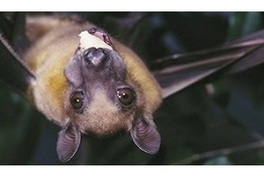
-
Biodiversity Science project: MammalMAP
THE BROAD PICTURE: The aim of MammalMAP is to update the distribution records of all African mammal species. Through collaborations with professional scientists, conservation organisations, wildlife authorities and citizen scientists across Africa, we consolidate all reliable and identifiable evidence (camera trap records, photographs) of current mammal locations into an open-access digital database...
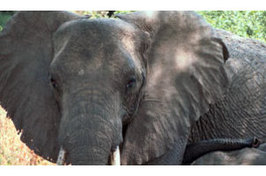
-
Biodiversity Science project: Protecting Special Ocean Places
Marine Protected Areas Federal Advisory Commission Meeting This presentation will highlight the importance of marine protected areas as management tools to support conservation, socio-economic activities, and coastal/ecosystem resilience. Guest speakers include Dr. Charlie Wahle, Dr. Gonzalo Cid, and Dr. Martha Honey. This evening presentation is free and open to the public. Please follow signs to Moore Auditorium, on the Institute campus. . Dr...
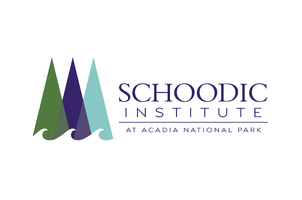
- «
- »